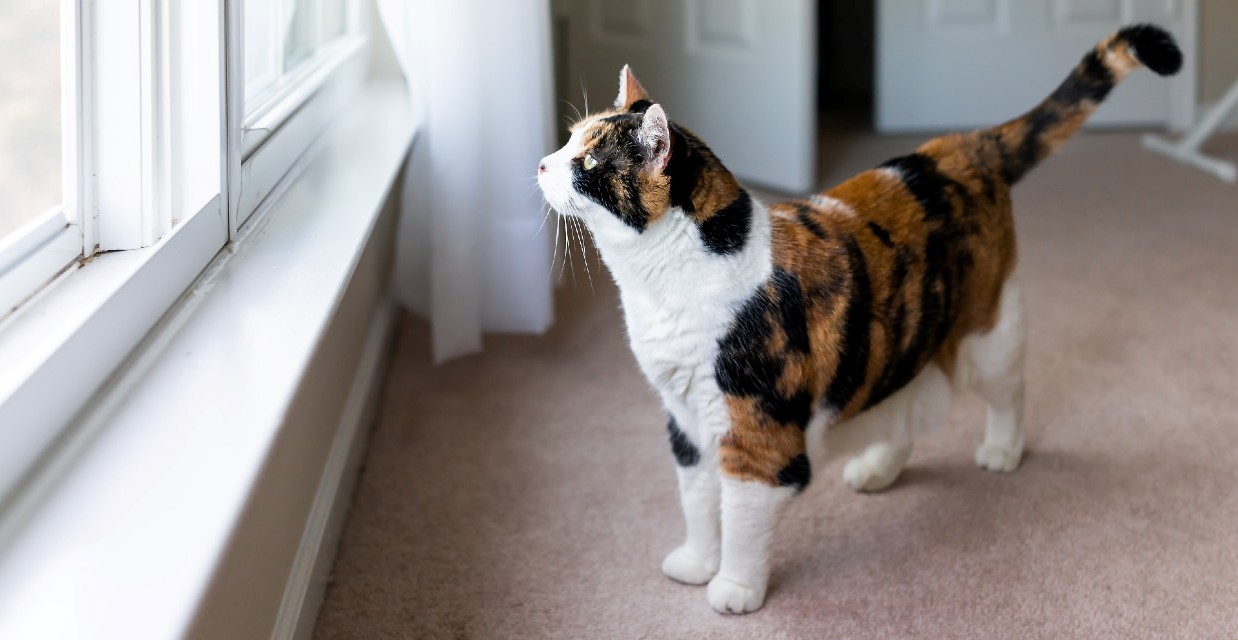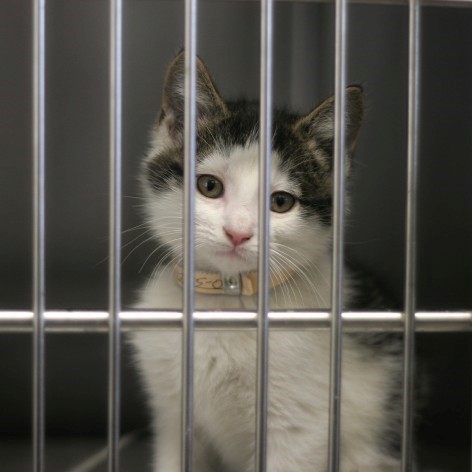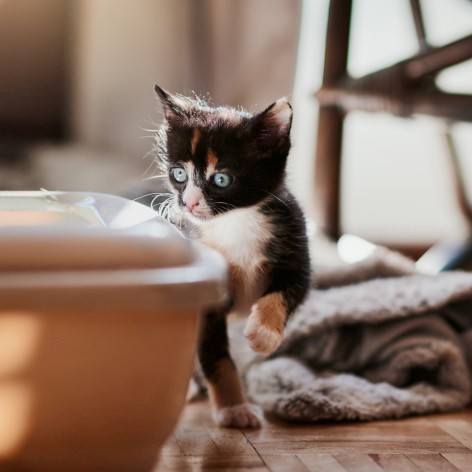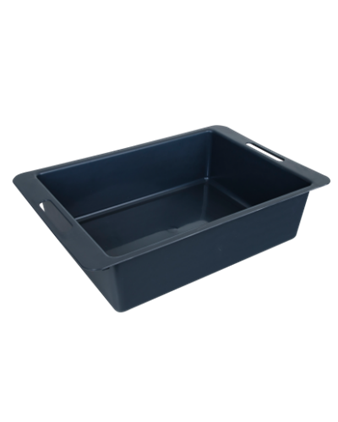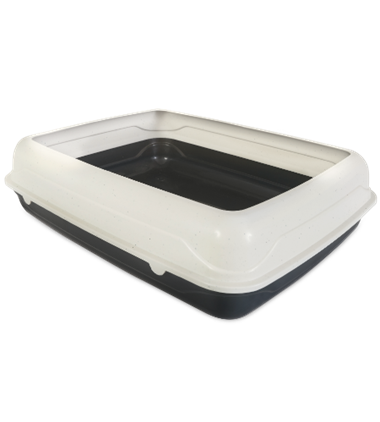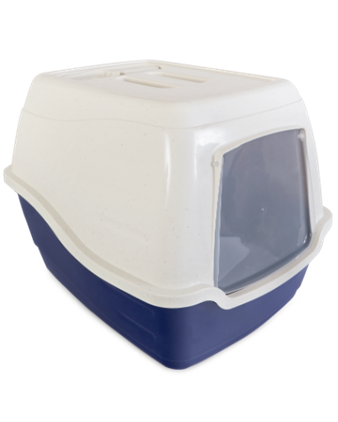Laws requiring cats to be contained to the home or property are increasingly being introduced by local councils around Australia. These laws can take the form of a cat curfew, meaning your cat must be brought inside before dark or a blanket rule that all cats must be kept indoors full time. So why are councils implementing these rules and what does it mean for your cat?
Why do councils require cat containment?
There are several reasons local councils and other organisations cite for strict cat containment laws. The main reason is that keeping pet cats indoors helps to reduce predation on wildlife. Research has shown that pet cats prey on both introduced and native species when they are able to roam, with devastating consequences to many populations of native species.
Research from 11 Australian studies1, in which the species of prey returned by pet cats were recorded, estimate an annual toll of 390 million animals due to pet cat predation. Of these, around 189 million were mammals, 118 million were birds and 82.9 million were reptiles. Pet cats have a significant impact on wildlife in urban areas due to the large numbers of cats living in these areas. Containing pet cats to the home will significantly reduce their impact on native species.
Another benefit of containing cats is improved animal welfare. This is due to a lower risk of injury from fighting with other cats, accidents (e.g. being hit by a car) and reduced instances of contracting diseases, such as cat flu, or parasites from contact with other cats.
Cat Laws from some councils across Australia
Many councils already have cat curfews or complete bans on allowing cats to roam outdoors. Here are some examples:
City of Fremantle, WA – Ban on Cats Roaming Outdoors
In Fremantle council, cats have been banned from roaming in all public areas including roads, verges and bushland. Although cats can be walked outdoors if they’re on a lead.
Canberra, ACT – All New Cats to be Kept Inside
In new suburbs of Canberra, all cats must be contained by owners. New legislation has been introduced that requires all new cats in Canberra, regardless of the suburb, acquired after 1st July 2022 to be contained to the home. Cat owners will be permitted to walk their cats if the cats are on a lead.
For pre-existing cats that were not living in cat containment areas, they will not be required to be contained. The council understands that these owners and cats are not used to containment.
City of Greater Bendigo, VIC – Cat Curfew Extended to 24/7 Ban
Some councils, such as Greater Bendigo, are tightening their laws on cat containment moving from curfews to a complete ban on cats roaming.
If you’re unsure what your local council’s policy is on cat containment, be sure to call them or browse their website for more information to avoid a fine.
How to transition your cat to Confinement Indoors
As more councils across Australia implement tighter restrictions on pet cats, more cat owners will need to transition their cat to living indoors. This can be achieved without compromising the welfare of pet cats as long as their behavioural, psychological and physical needs are met. You can help meet these needs by providing your indoor cat with a variety of environmental enrichment.
Providing indoor cats with scratch posts and cat towers allows them an appropriate outlet to scratch and climb. Similarly, it’s important to give them an outlet for normal hunting and stalking behaviour. Toys that mimic prey are ideal and have the added benefit of encouraging physical activity like running and jumping.
Outdoor cat runs are another fantastic way to give your cat access to the outdoors and added enrichment without risking their health or safety or that of wildlife. With so many options and designs available there’s something to suit every budget.
1. https://www.publish.csiro.au/wr/fulltext/wr19174

